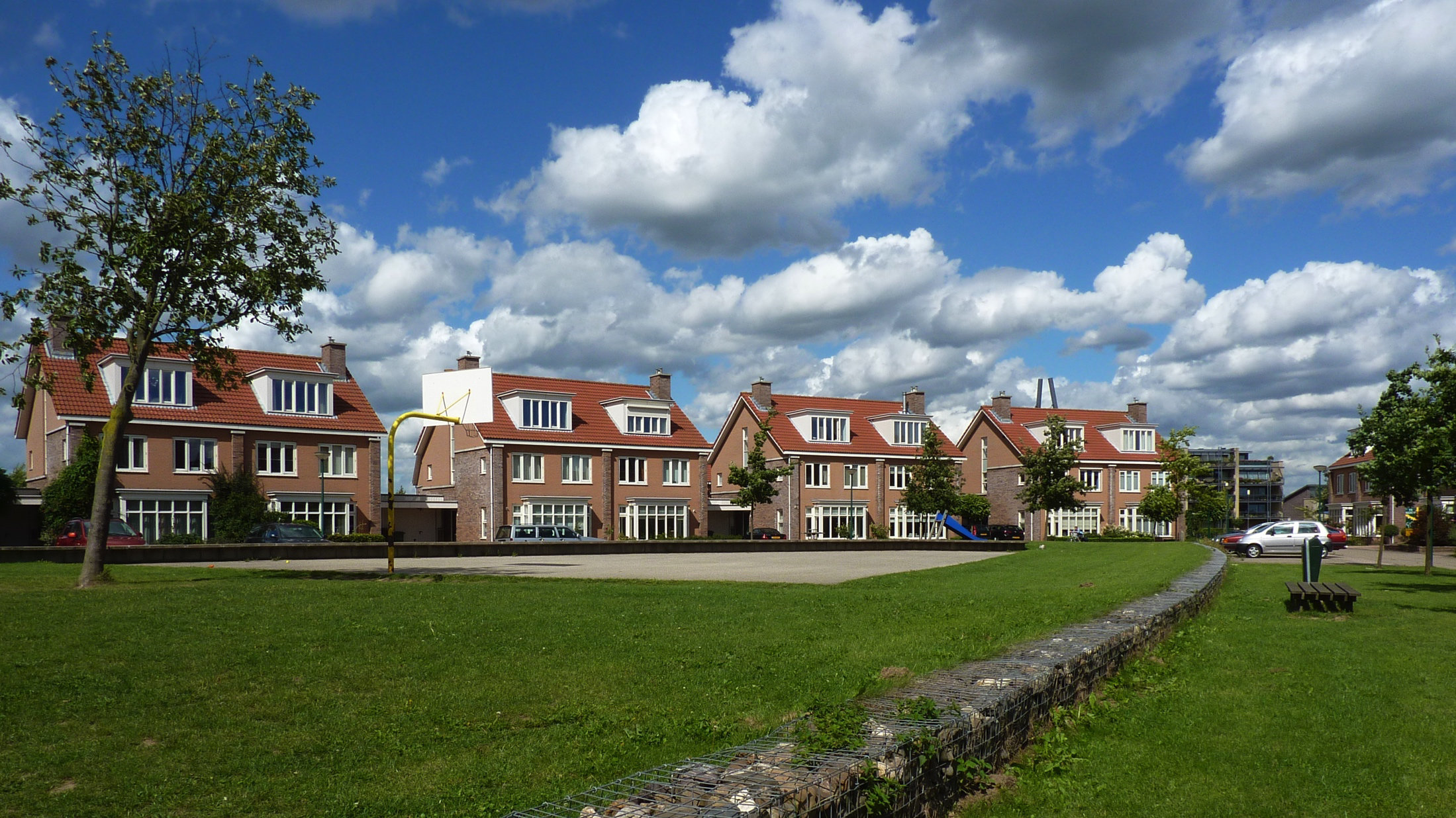Housing Management

The Housing Management chair studies strategies for the management and redevelopment of the housing stock to increase the socio-economic and environmental sustainability of housing. Adaptation of housing to changing needs depends to a large extent on redevelopment of the existing housing stock.
In a context of decreasing government involvement in the provision of housing there is an increasing role for non-for-profit, private and community actors. This development is part of a wider trend towards self-organisation, (re)activation of the civil society and retrenchment of the welfare state. This has significant consequences for the way housing is financed, developed, constructed, managed and used. The Housing Management chair investigates the implications of this changing housing landscape for housing management strategies.
Increasing the social and environment sustainability of the existing housing stock is an important pillar of Housing Management. We focus on the opportunities and challenges for sustainable housing (re)development and circular economy approaches in housing. We explore possibilities to increase the social sustainability of housing by investigating collaborative housing initiatives.
Housing is increasingly developed by cross-sector partnerships that consist of state, third sector, private and community actors. The Housing Management chair explores these partnerships with a special focus on supply-chain collaboration and new cross-sector alliances to develop sound business cases in affordable housing development, refurbishment and maintenance. “Zie bijvoorbeeld het ‘One Million Homes’ initiatief van de TU Delft.
Working together with housing providers, industry partners, other knowledge institutes and end-users is part and parcel of our research and teaching activities.
